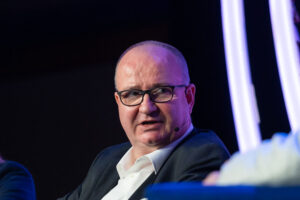Like many within the procurement community, dsm firmenich’s deputy chief procurement officer Gianluca Colombo is a keen chef in his spare time. “I like cooking and discovering new recipes, he told Procurement Leaders. “I mean, sometimes the result is not that amazing but at least I discover new cultures.”
Following the completion of the merger between DSM and Firmenich in May 2023, in his day job, Colombo finds himself breaking silos like a chef might eggs to ensure the successful fusion of the two businesses and their procurement functions.
“You’re putting together two big companies with a long legacy. So we need very soon to become one – both becoming one as procurement and becoming one as a global team,” he says. “We will only be successful if we’re in this together and the vision we develop for procurement is to create impact at the heart of the business.”
Procurement Leaders community advisor, Tim Burt, caught up with Colombo to discuss the importance of responsible sourcing, the central importance of procurement performance to support dsm firmenich’s growth journey, and why he still sees the function as the proving ground for top talent. Listen to the conversation in full or read highlights, below:
Read highlights or watch the full interview below:
Highlights
‘There is no sourcing without responsible sourcing’
Despite having undergone a merger and all of the work that accompanies such a huge undertaking, ESG is an important priority for the procurement organisation at dsm firmenich. As Colombo says: “There is no sourcing without responsible sourcing.”
Ensuring the procurement and sustainability teams work together is key to this. “We’ve not only created a specific role in our procurement team, but that role has a double dotted line to the CPO and to the CSO to ensure that we are driving that journey together,” he says.
To drive that journey in 2024, Colombo focuses on three topics: Working with Ecovadis to improve supplier sustainability performance and reduce carbon emissions, working with the Science Based Targets Initiative to develop KPIs for suppliers, as well as engaging with the supply base “to drive their understanding, knowledge and support and interaction plans on all things human rights”.
Functional performance
With the merger completed, Colombo explains procurement has a critical role to play in helping to drive growth. “We have very important targets in terms of synergies that we need to deliver. Procurement is at the forefront in that working on creating P&L impact through our spend, and managing costs and cash.”
The performance of the team is pivotal to ensuring the success of the function. Here, deciding what the team should stop focusing on is an important part of this. “We have developed a clear vision, strategy and targets for the team and it’s been communicated and communicated and we keep referring back to it on a daily basis. A very important link to that is help the priority setting. And I mean, real priority setting – what can I let go get rid of in order to enable the team and ensure every single one of us working on the right priorities.”
How procurement is organised is also vital to this, as Colombo explains: “Even if procurement is a group function, we have decided to have specific business unit, organizations and connections. Our procurement staff are sitting in the leadership team of the business units so that we create that connection on a daily basis. There are no procurement priorities; it’s the group priorities that are enabled through procurement action.”
“It’s not a walk in the park because you’re doing that in this complex context. But one of the greatest compliments we had with the new organisation was one of the heads telling us: ‘You know what, I’ve spoken more to procurement over the past three months than in the previous 10 years.'”
Procurement might change, but it will be the breeding ground for talent
Looking forward to 2030, Colombo believes leaders in other functions will come to understand what he has already learned in his career: that the nature of procurement provides a fantastic environment in which future leaders can learn and grow. “Whether it’s called procurement or not, I would like to see it as the breeding ground for new top talent and executives of companies and where actually the company consciously puts people because it’s a great place to deliver a real end-to-end view of the business inside, outside. It’s, at the same time, strategic but also operational, allows people to develop scenario thinking to better understand the volatility of markets. And by the way, it develops at the same time, financial and commercial acumen,” he says.
“I mean, what else do you need to become a general manager or CEO?”





















